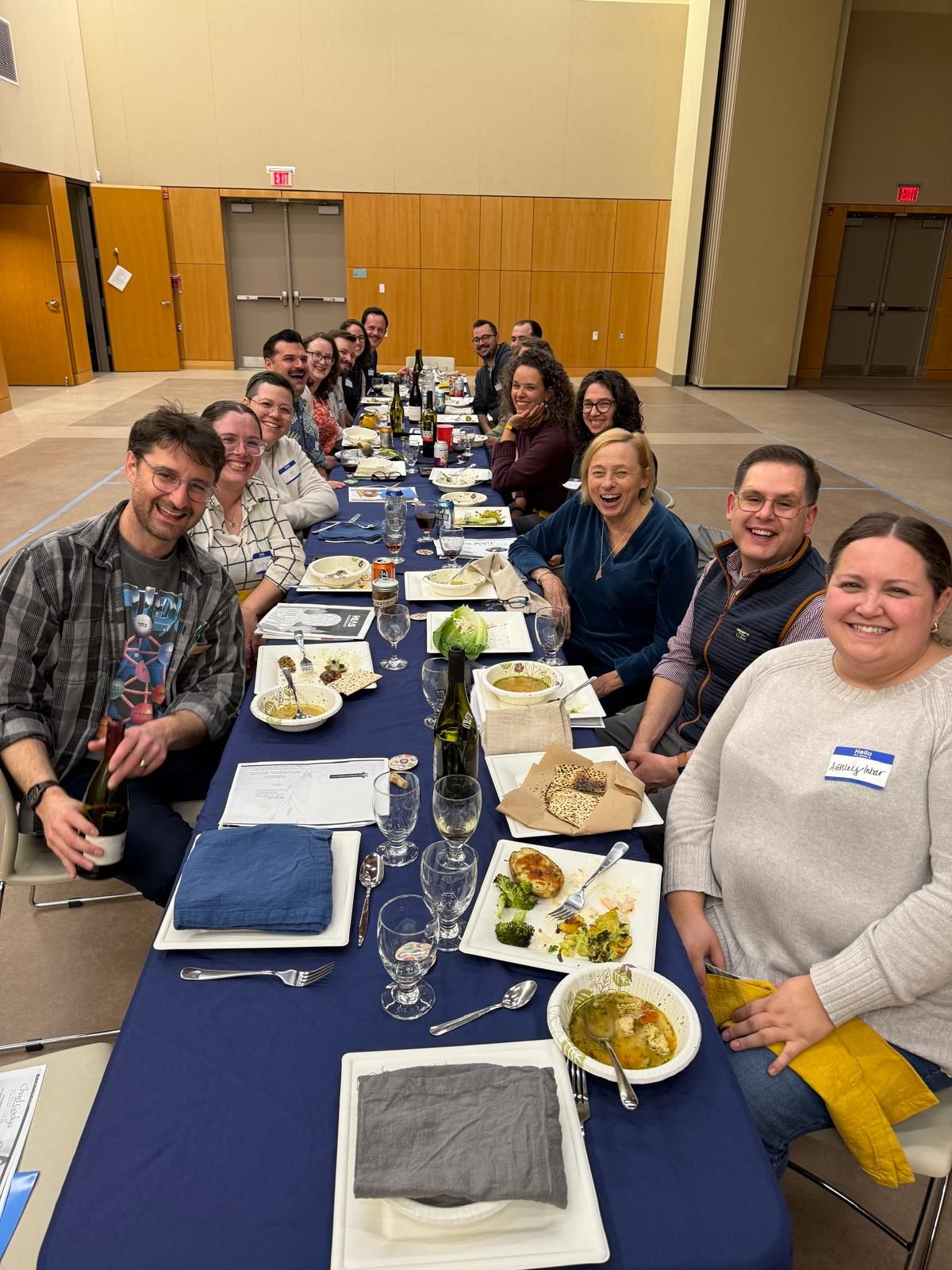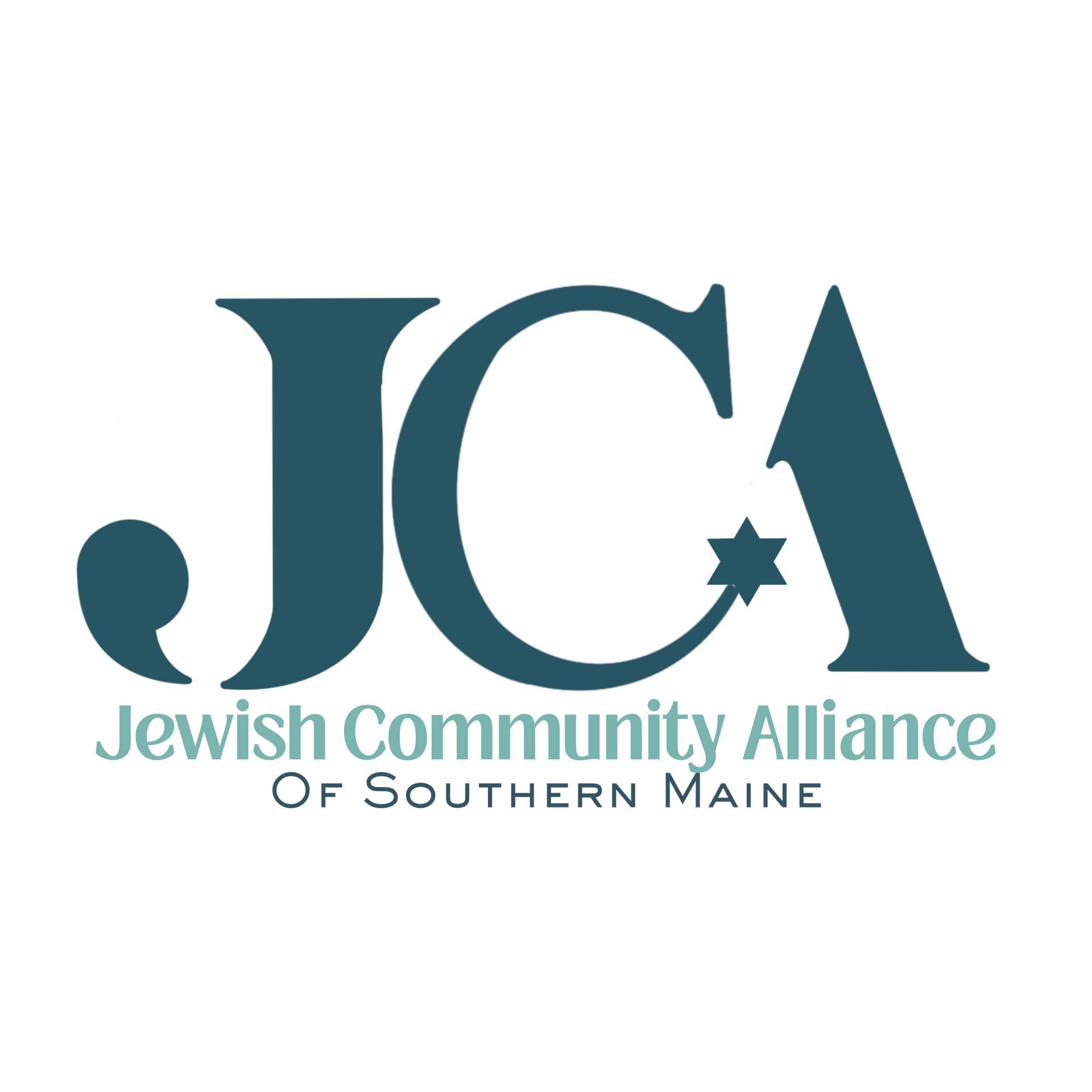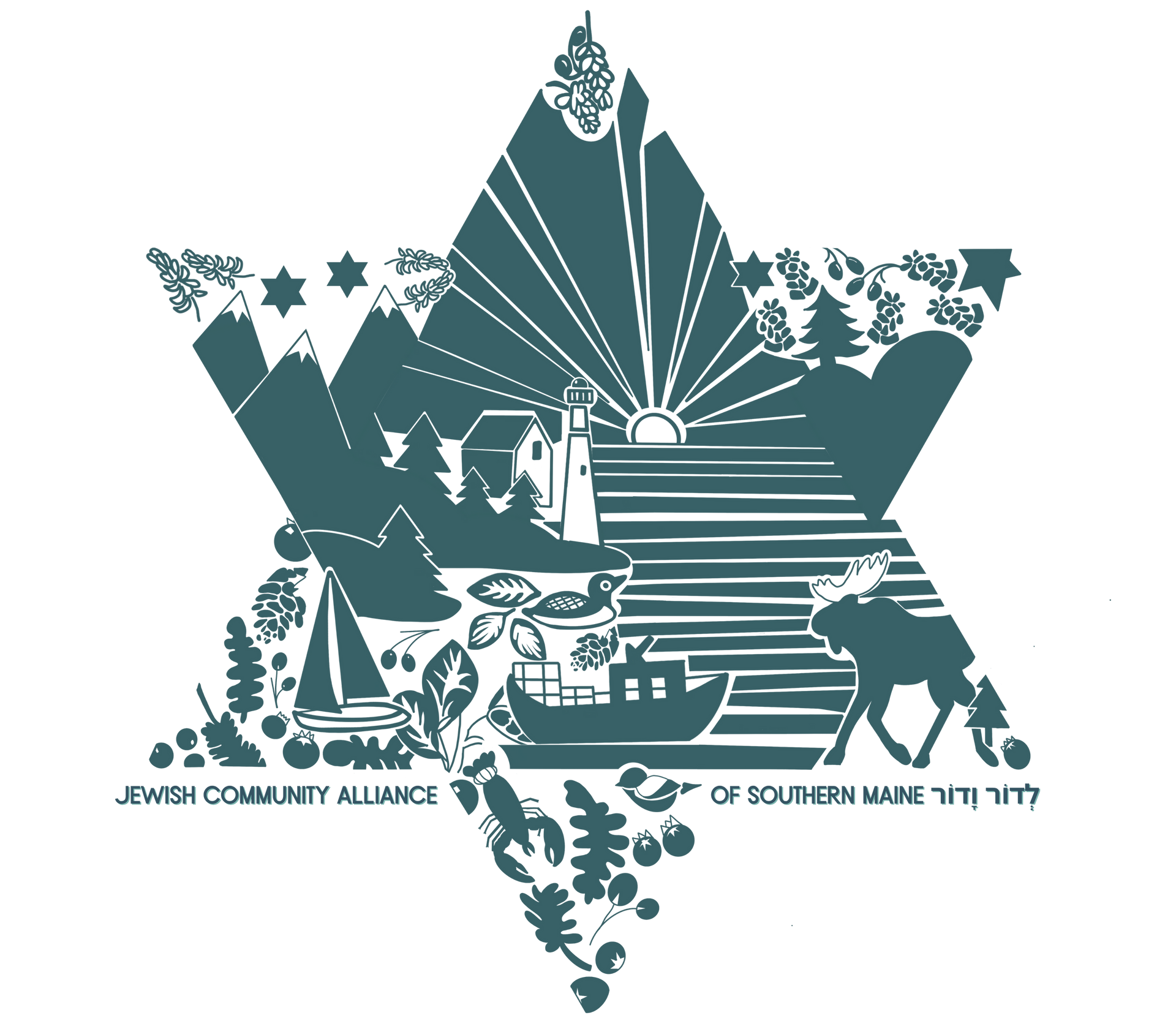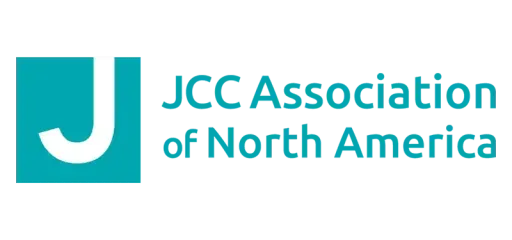What Does it Mean to Be Free
What Does It Mean to Be Free?
Shabbat Chol HaMoed Pesach 5785

Written by: Ashley Inbar, Chief Development Officer
Each year on Passover, we retell the story of our people’s journey from oppression to liberation. We remember the narrow places—Mitzrayim—and rejoice in the expansiveness that comes with freedom. But what does it mean to be free? Is it merely the absence of bondage, or something deeper—the ability to live proudly, visibly, and in community?
Three years ago, I turned to my coworker Sam Cohen with a simple question: “Wanna start a Young Jewish Professionals group?” And because Sam is Sam, he enthusiastically and immediately said yes. Neither of us could have ever imagined that one small idea would turn into a thriving community of more than 120 people. This year, YJP held a second-night Seder and it was so more than a gathering. It was a declaration of Jewish joy, resilience, and unity. And it was made all the more powerful by the presence of Maine Governor Janet Mills, who engaged in meaningful conversation with every person at the table—and yes, complimented my matzah ball soup.
But her presence carried a far greater weight than any bowl of soup.
Just hours earlier, news broke that someone had set fire to Pennsylvania Governor Josh Shapiro’s home after his family hosted a first-night Seder and went to sleep. In a moment when Jews across the country were feeling vulnerable simply for gathering together, Governor Mills showed up. She sat at our table, shared in our rituals, and reminded us that we are not alone. Her presence was a profound act of solidarity—one we will not soon forget.
And it wasn’t the first time she’s shown up.
Back in December, in the midst of a snowstorm, Governor Mills joined our community once again—this time for an intimate and urgent conversation about the rise of antisemitism in Maine and around the world. That evening, she spoke clearly and publicly about her unwavering opposition to BDS resolutions and her commitment to standing with the Jewish community. Her words—and her willingness to be in the room, to listen, and to lead—offered comfort and strength in a season of fear and uncertainty.
This is what freedom looks like today: showing up for each other. Gathering together even when it’s hard. Being joyfully, unapologetically Jewish in the face of fear.
To Governor Mills—we are deeply grateful. And to every member of this small but mighty community who chooses to show up, year after year, meal after meal, moment after moment—we see you. We thank you. And we are stronger because of you.
So, what does it mean to be free?
It means having the courage to keep building, keep gathering, and keep lighting the way forward—for ourselves, and for each other.
Shabbat Shalom. Chag Sameach. Am Yisrael Chai.
Ashley







